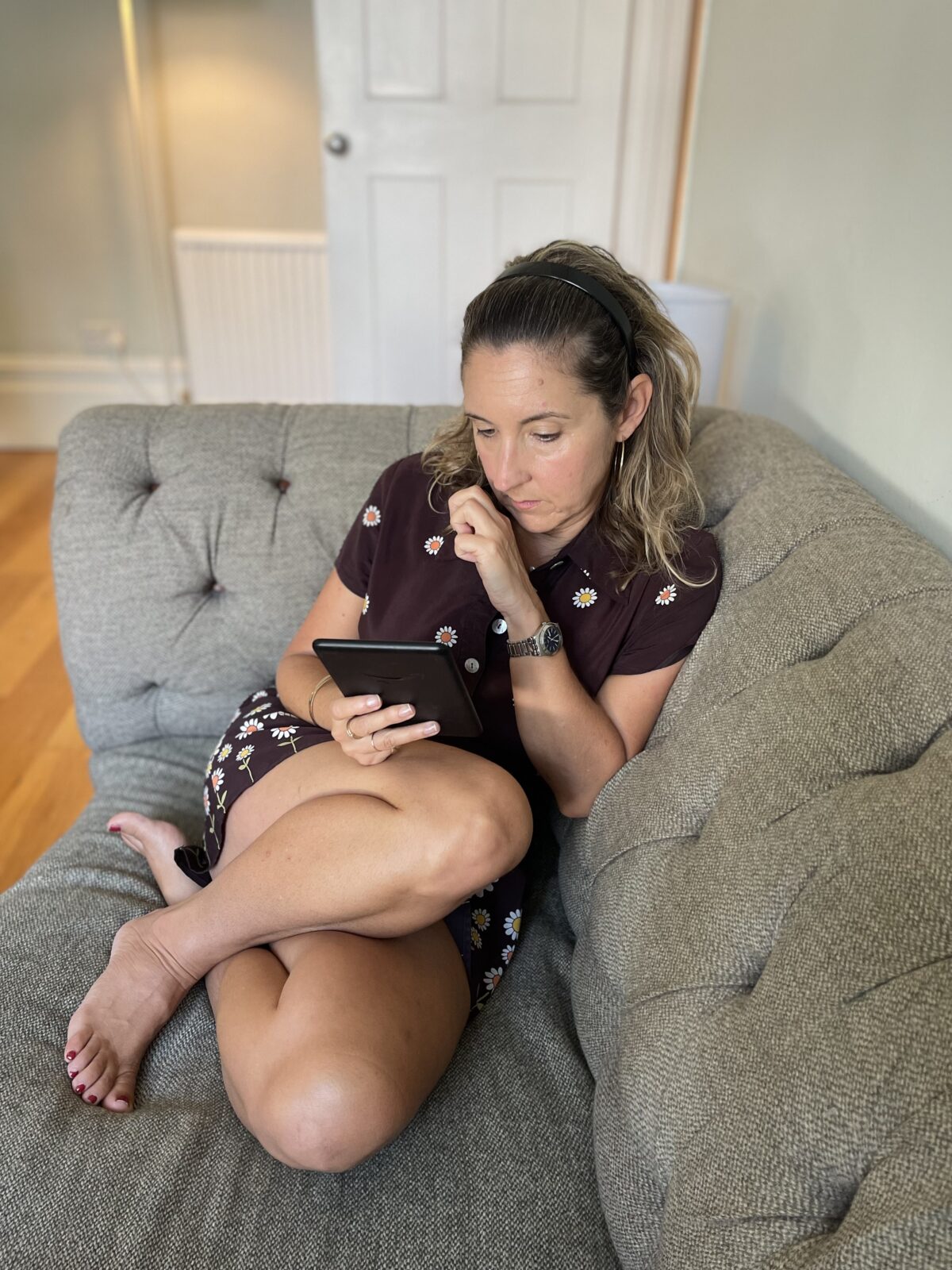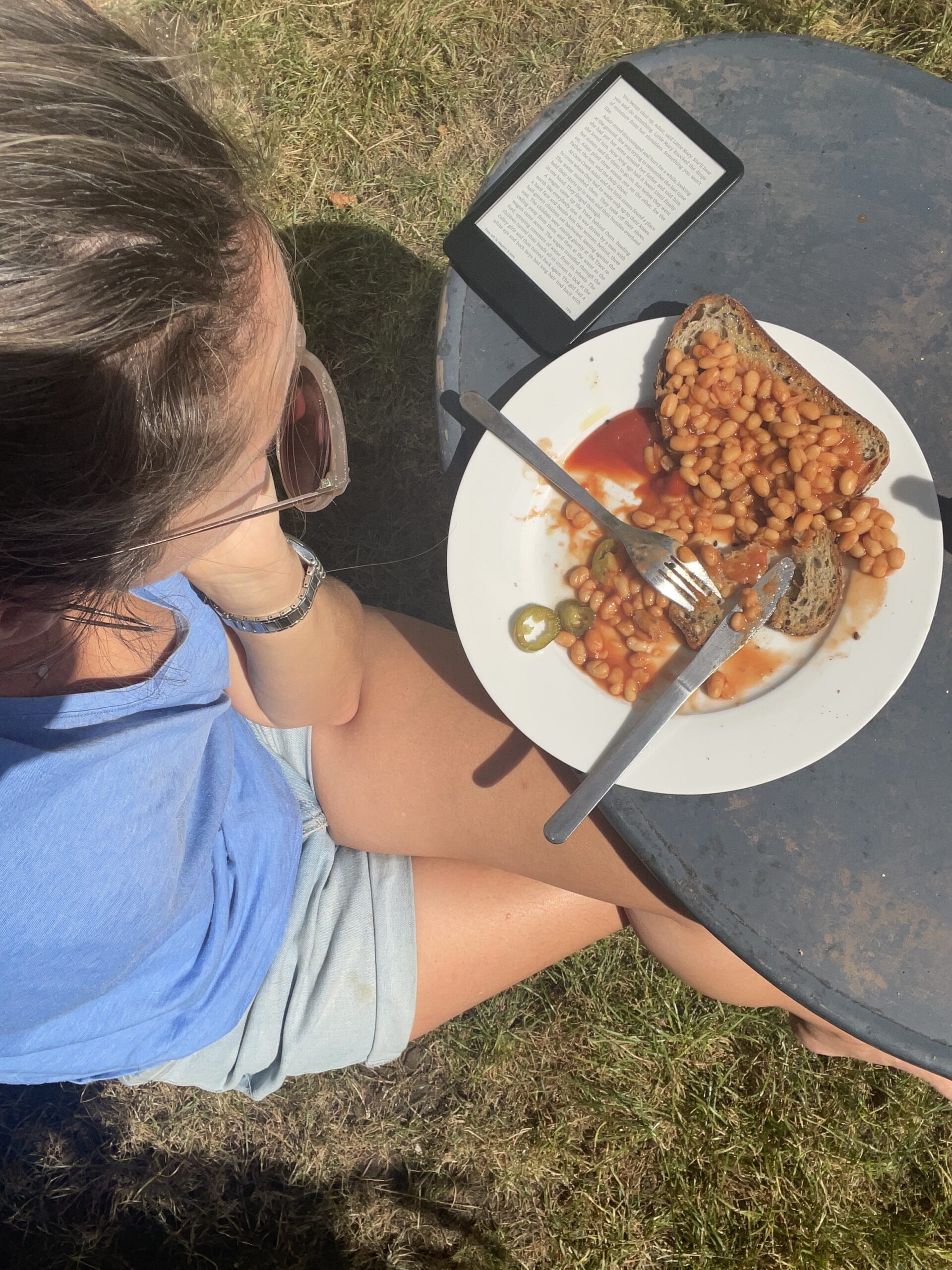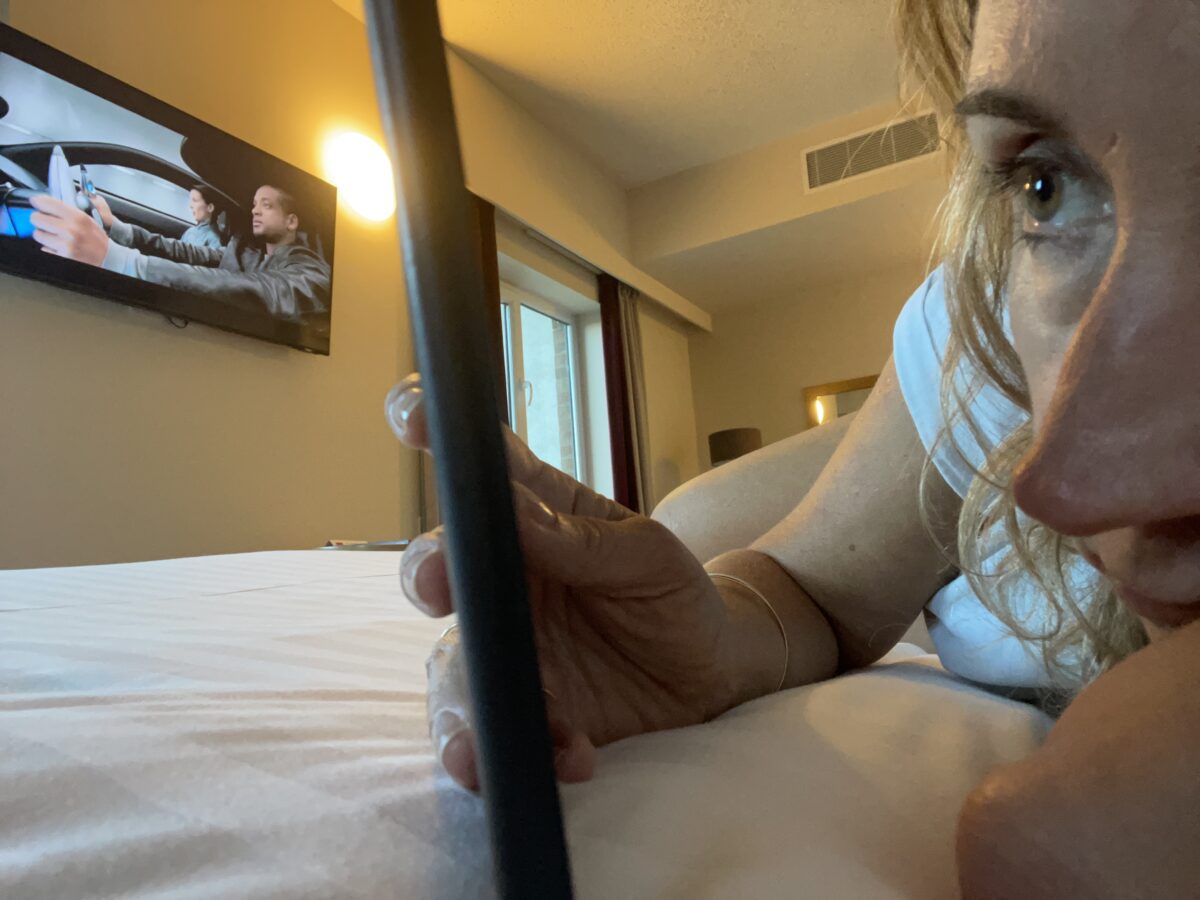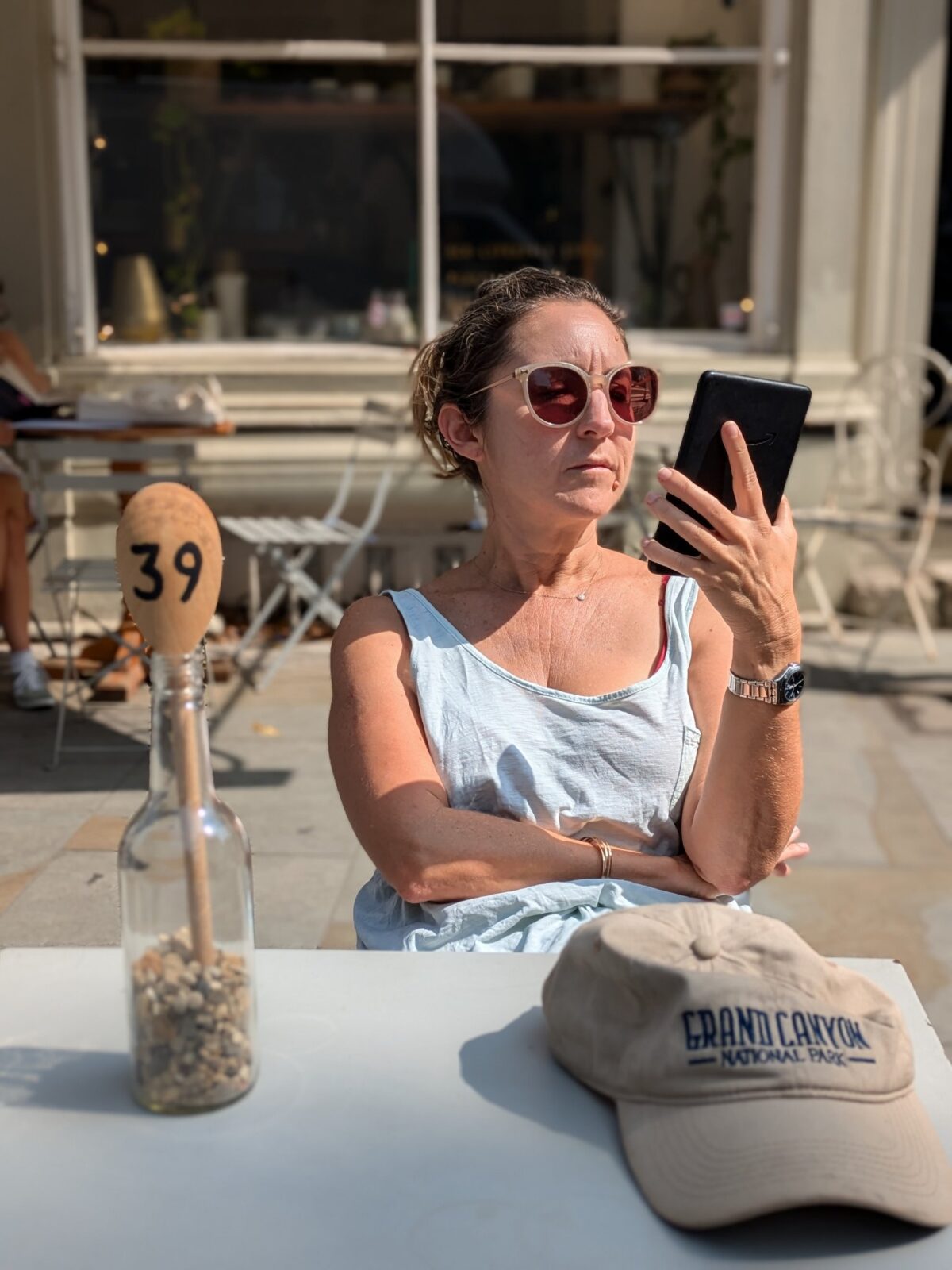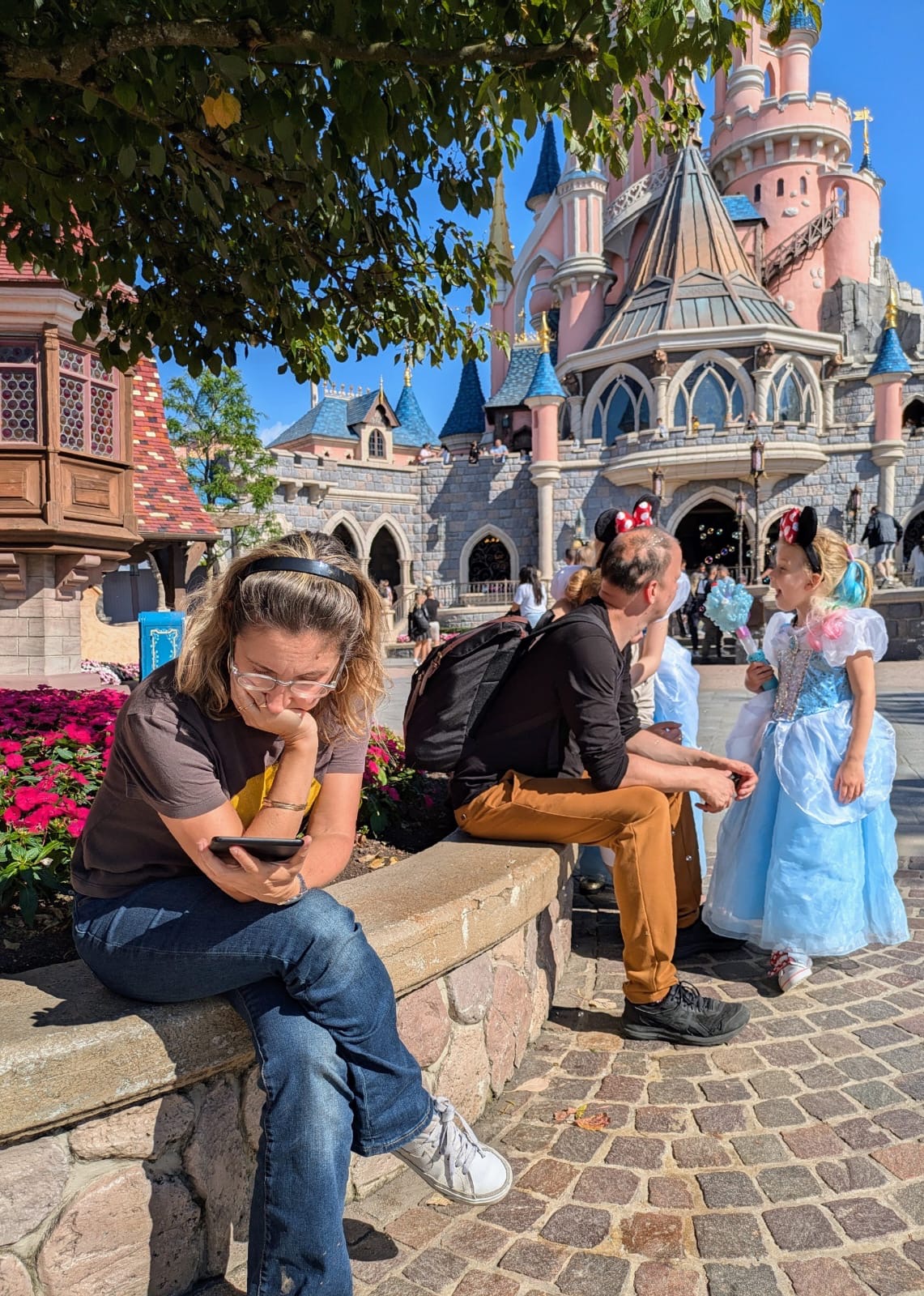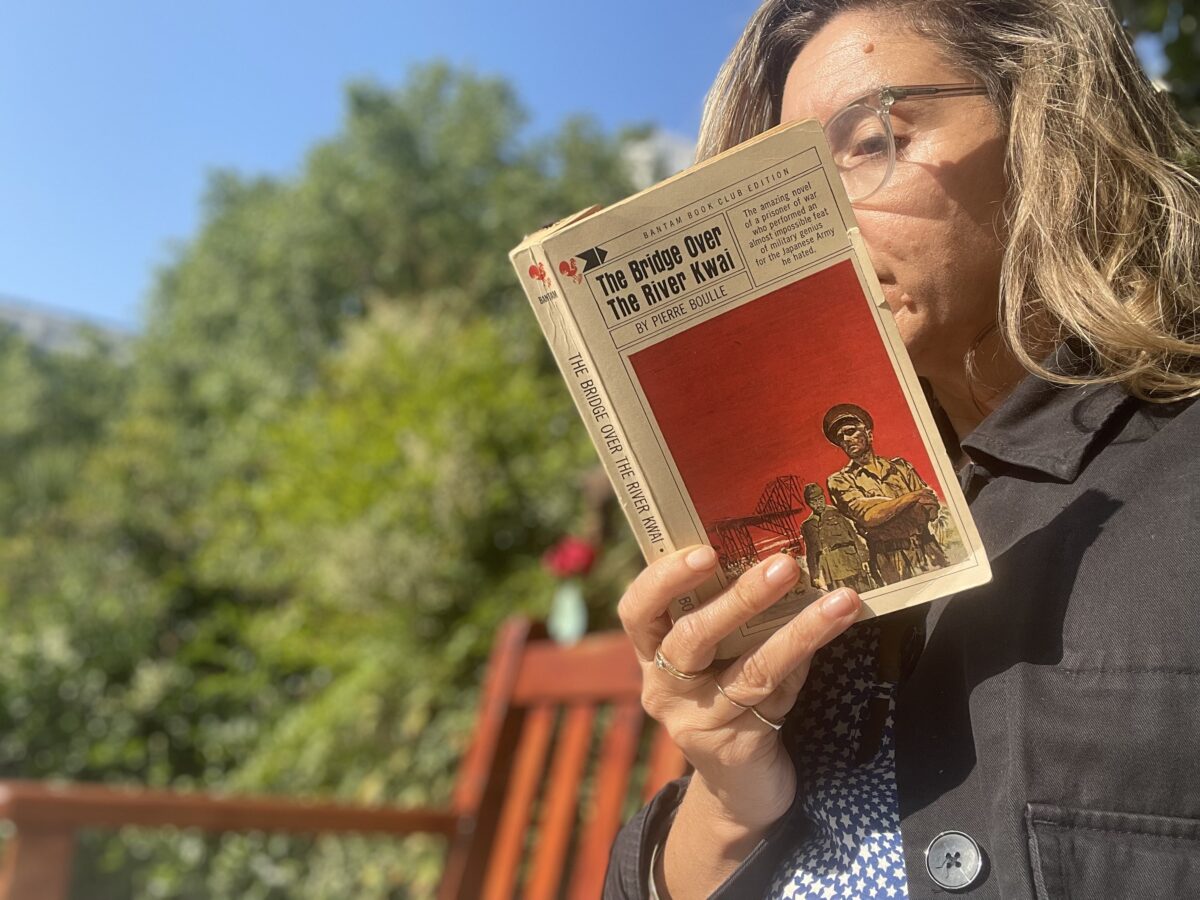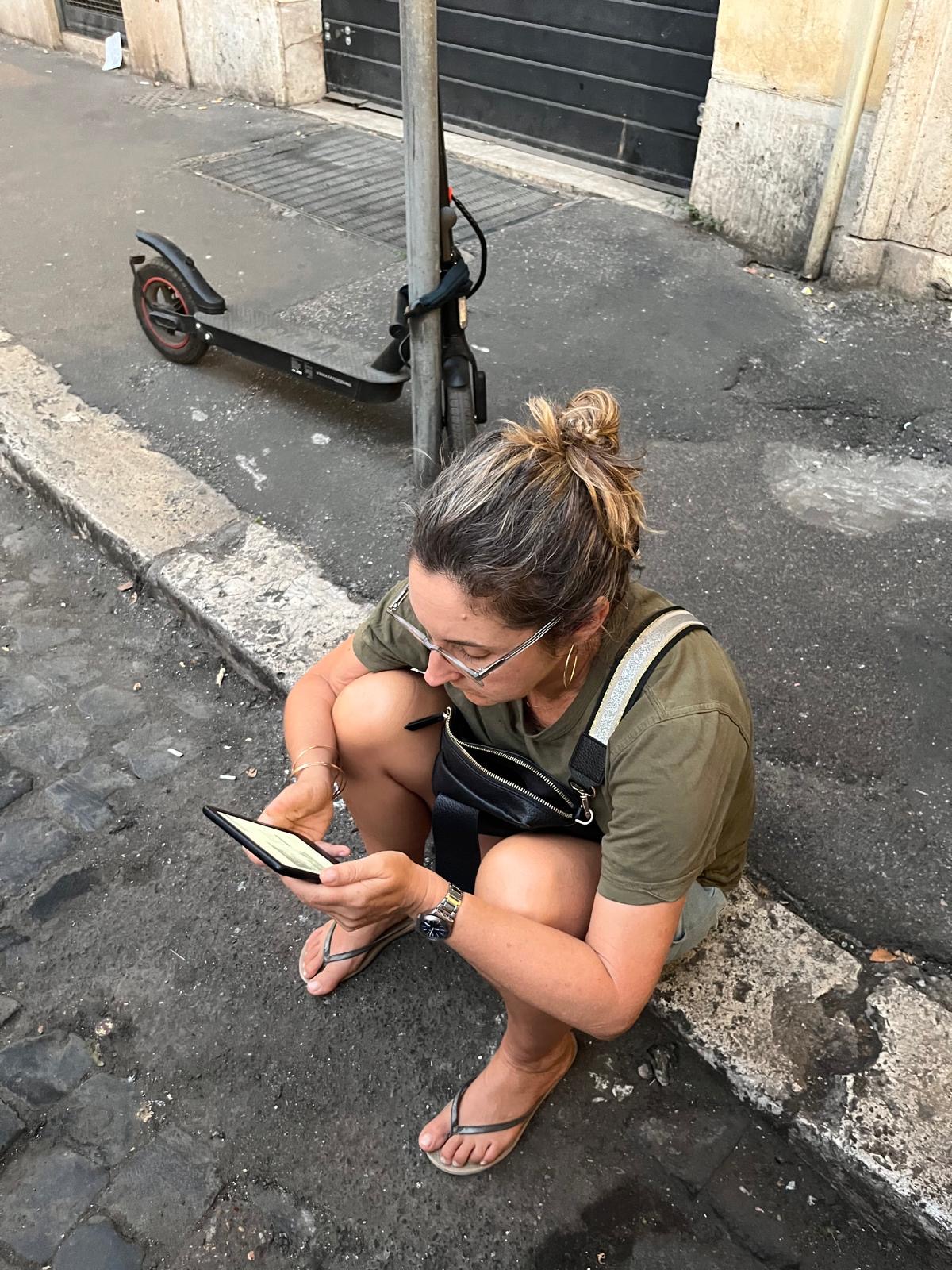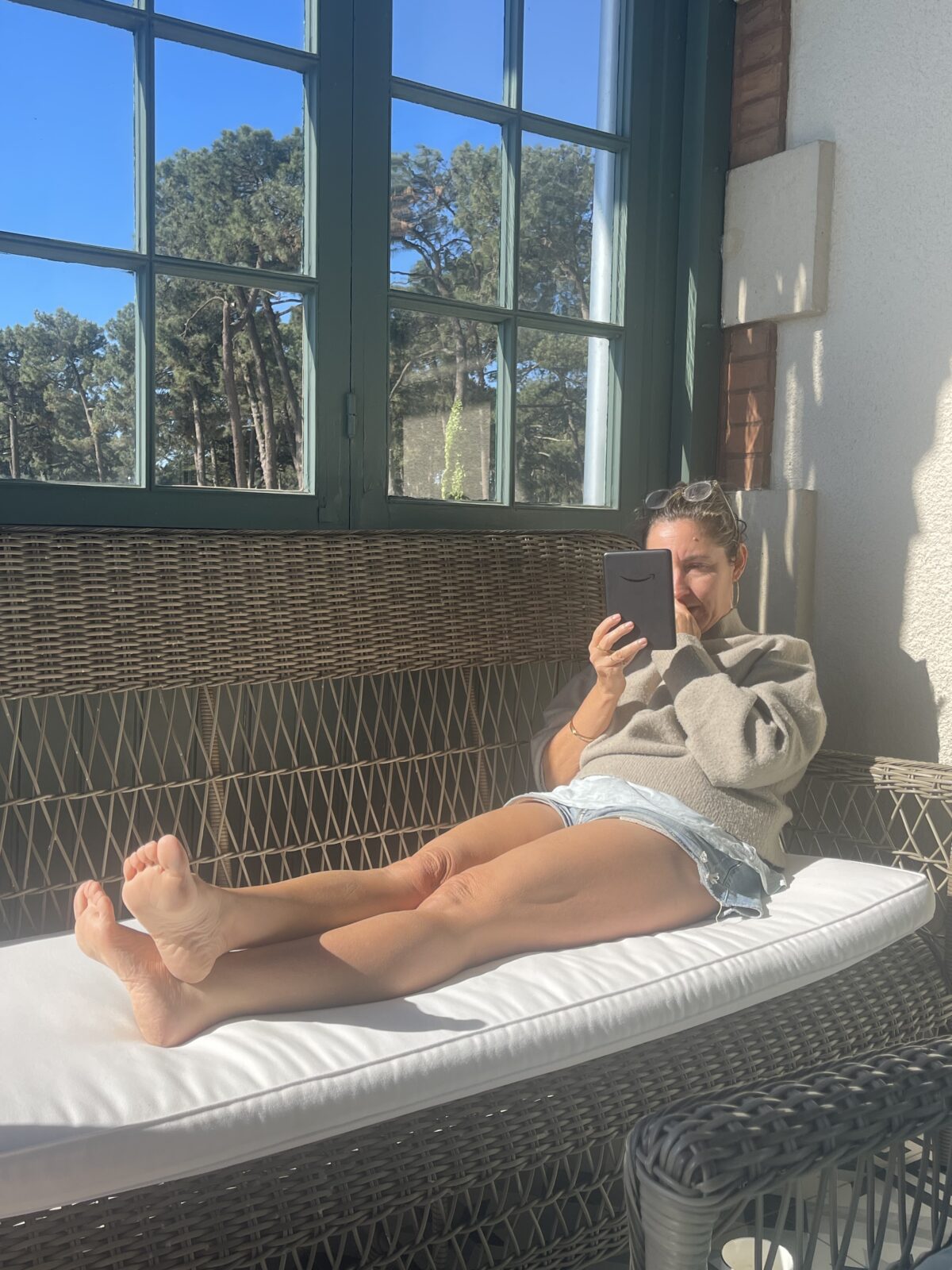I had always felt mildly guilty about never reading Munro, being a Nobel laureate and all, but she is a short story writer and that is just not my medium. She died recently and I finally decided to give her a go, choosing this book which is apparently her ‘only novel.’ In fact it is loosely connected short stories. Whatever. Really she is a wonderful writer.
Try this, from page 1, about a frog hunt:
“Old frogs knew enough to stay out of our way, but we did not want them; it was the slim young green ones, the juicy adolescents, that we were after, cool and slimy; we squished them tenderly in our hands, then plopped them in a honey pail and put the lid on.”
Or her description of soldier’s khaki uniforms “which had an aura of anonymous brutality, like the smell of burning,” or this, a description of her mother:
“My mother had not let anything go. Inside that self we knew, which might at time appear blurred a bit, or sidetracked, she kept her younger selves strenuous and hopeful; scenes from the past were liable to pop up any time, like lantern slides, against the cluttered fabric of the present.”
A wonderful, depressingly and forbiddingly wonderful, writer.


